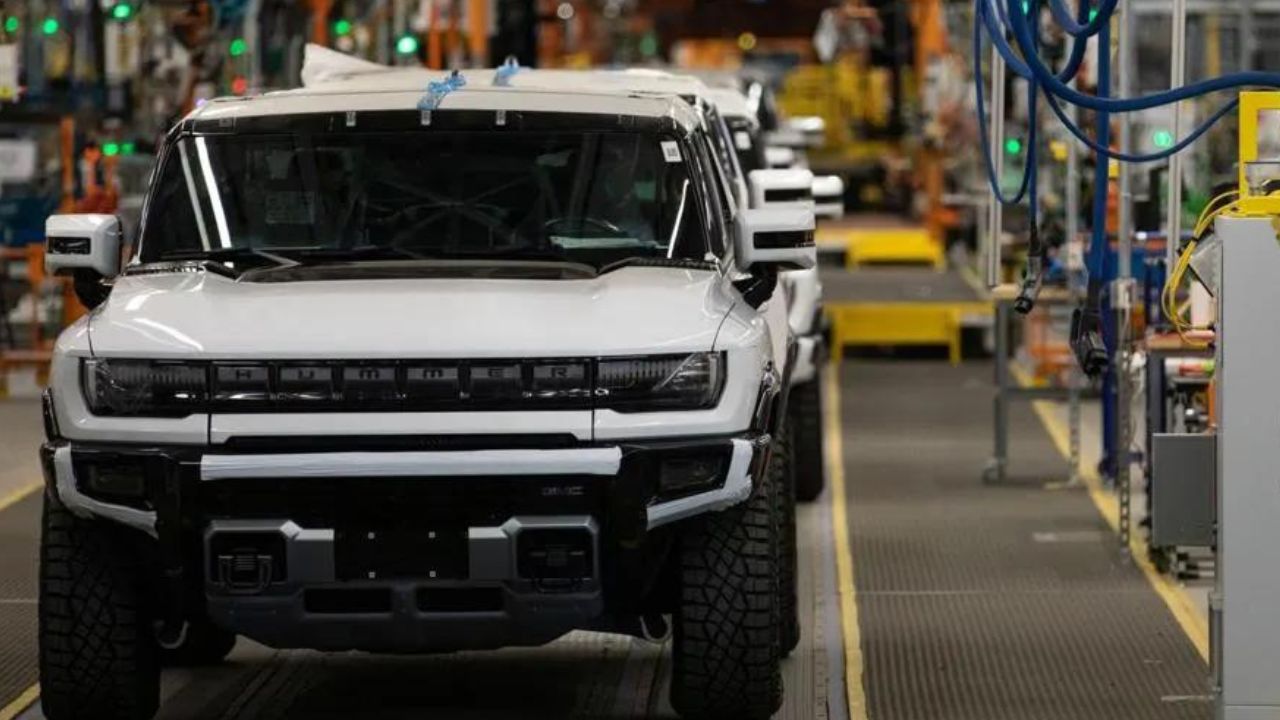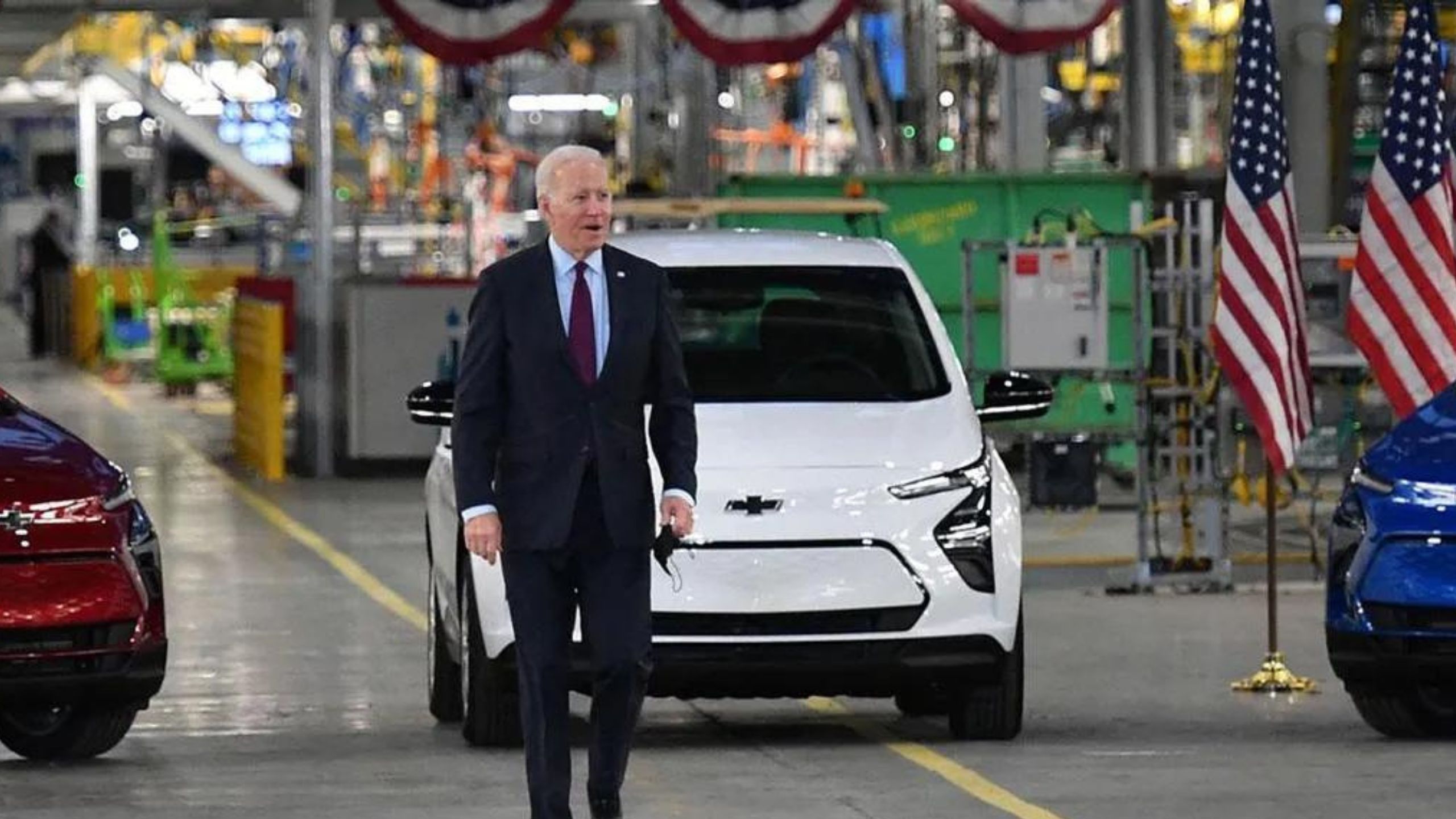Negotiations between the Biden administration and automakers are reaching their final stages over ambitious new regulations aimed at hastening the transition to electric vehicles, which could result in significant costs for Detroit’s automakers and spark a clash over climate policy in an election year.
The White House is poised to implement proposed Environmental Protection Agency (EPA) regulations as early as March, mandating substantial reductions in tailpipe emissions.
Under the administration’s proposal, the US electric vehicle (EV) market share would need to increase to 67% by 2032 from its current level of less than 8% in 2023.
General Motors (GM), Ford, and Stellantis the European parent company of Ram and Jeep have expressed concerns, stating that they cannot viably transition their predominantly truck-heavy US fleets at such a rapid pace.
According to a Reuters analysis of automakers’ sales data and comments submitted to regulators, they warn of potential profitability challenges.
The United Auto Workers (UAW), representing approximately 146,000 workers at the Detroit Three, have endorsed Biden for re-election but have cautioned the administration that its push for EVs could jeopardize jobs.
Earlier, automakers had backed a less ambitious administration target to increase EVs to 50% of new vehicle sales by 2030. Groups representing auto dealers have also criticized more aggressive targets, citing a slowdown in EV sales growth.
Elon Musk and Tesla, the leading US EV market player, have advocated for even tougher rules than those proposed by the Biden administration. Tesla suggested rules pushing for a 69% market share for EVs by 2032 and achieving 100% by 2035.
Meetings have been ongoing this month between Biden administration officials, industry representatives, and environmental groups, as per White House records.
The impending rules also hold significance for Biden’s re-election campaign, particularly in Michigan, a pivotal state in presidential elections.

Former President Donald Trump has strongly opposed EVs, labeling them as a job-killing “hoax” and a concession to China.
Automakers have urged the administration to streamline conflicting regulations from various agencies, which could lead to increased costs and impact the transition to EVs.
Detroit automakers have lagged behind their European and Chinese counterparts in electric vehicle market share. Tesla dominates US electric vehicle sales, while the unionized Detroit automakers have significantly lower EV sales percentages.
Stellantis plans to introduce eight battery-electric vehicles in the US by the end of 2024, including electric versions of the Ram pickup and Jeep models.
The challenge for Detroit brands lies in their heavy reliance on larger, less efficient vehicles such as pickups and truck-based SUVs, which make up a significant portion of their sales.
Environmental groups argue for stricter mandates, advocating for an all-electric fleet by 2035 in response to the climate emergency.
The proposed regulations represent a significant shift for Detroit automakers, who have previously focused on trucks and SUVs due to easier emissions targets.
Improvements in gasoline engine technology have not translated into higher fuel economy due to the trend toward larger and more powerful vehicles.
Biden’s proposals may require extensive product or technological changes by Detroit automakers to comply, with both Ford and GM facing challenges in selling their full-sized EV pickups.
Overall, the proposed regulations present a tough road ahead for Detroit automakers as they navigate the transition to electric vehicles.

